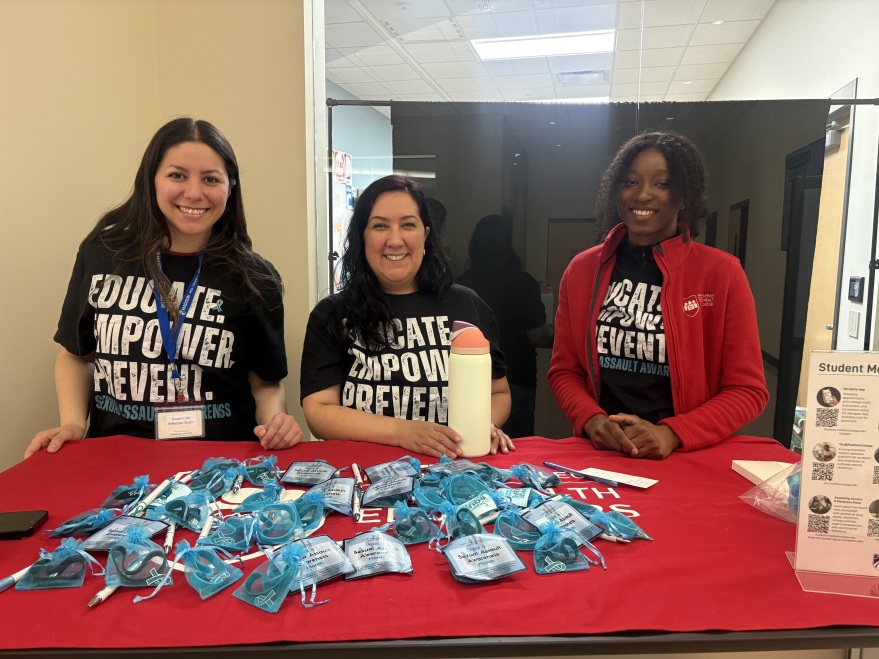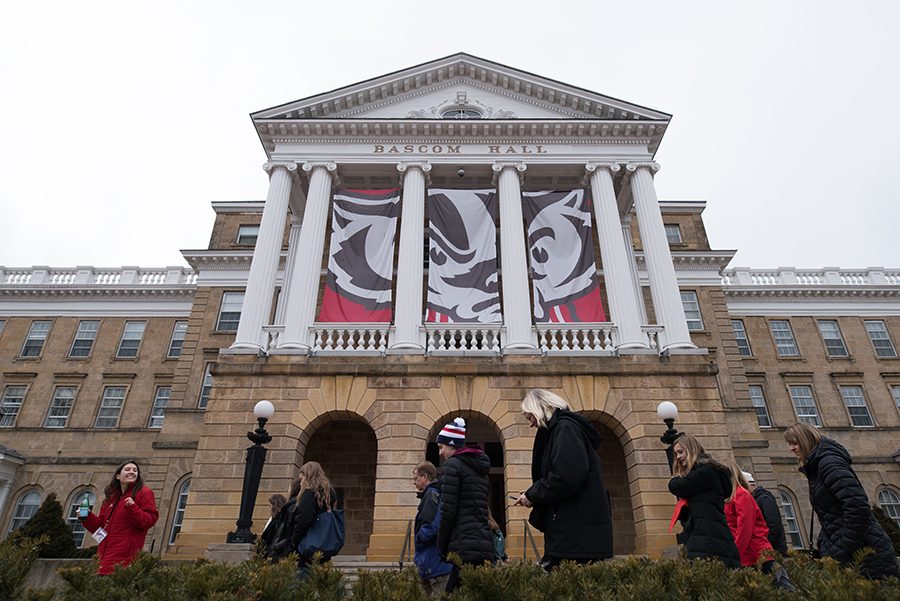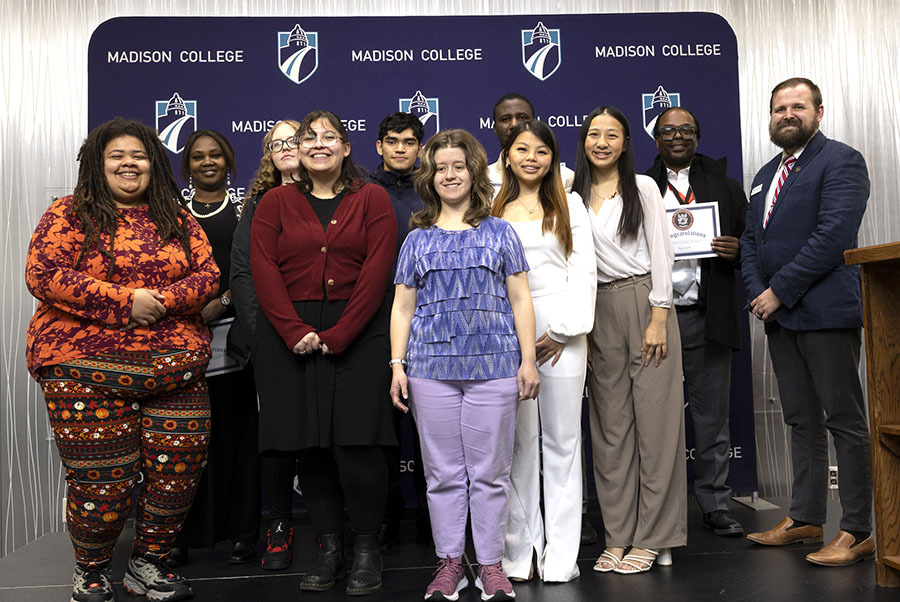Bucky’s Tuition Promise move will make UW more accessible to students who aren’t already affluent
Tessa Tsarong-Blomker / Clarion
Students and visitors walk in front of Bascom Hill at the UW-Madison campus
February 27, 2018
In the last several years, UW Madison’s institutional identity as a civic and social leader seems to have come up against a lot of contradictions.
In 2015, the Badger Herald described the UW as a campus where “racial slurs and prejudices permeate Yik Yak [an anonymous social media platform]…and micro-aggressions constantly remind students of color of the rampant ignorance and sometimes unbridled racism of their peers.”
According to the Herald, only 13 percent of students at UW are ethnic minorities, and less than 20 percent of the faculty.
The Wisconsin State Journal reported that women of all ethnicities experienced slightly higher levels of sexual assault on the UW campus than at other universities nationwide, and in 2015 half of minority students across the board reported feeling unwelcome at their own university.
As a Madison College student and UW-hopeful, I’ve spent the last several years reading these reports with a mixture of concern and frustration. UW seems to have all the resources necessary for addressing the aforementioned issues, yet as an institution it appeared to lack the impetus for enacting necessary changes.
The reports raised questions in my mind of the sincerity of UW’s purported commitment to standing apart from white-or-wealthy-only educational institutions. Was UW truly the social and civic pioneer it claimed to be?
Recent developments have caused me to reevaluate my misgivings. In early 2018, UW-Madison Chancellor Rebecca Blank announced a plan by the university to cover tuition for all in-state students from households earning under $56,000 per year. The plan has been titled ‘Bucky’s Tuition Promise’.
In a state where the median black household income is just over $29,000, and 31 percent of all black families live at or below the poverty line, this development could be a major boon for black and other minority students interested in furthering their educations.
Additionally, the sole qualifier for this program is a family’s adjusted gross income; family assets don’t play a role in student eligibility. This is especially significant for students from agricultural backgrounds, whose families might own valuable holdings yet earn small yearly salaries.
To top it off, UW has designed the new system to run off of private university income, not taxpayer dollars, ensuring that existing financial aid availability isn’t impacted.
In my opinion, this is a momentous first step. It’s true that the battles that remain to be fought are daunting; in addition to making UW financially accessible, the administration must continue working to make it culturally welcoming, or else low attendance costs will underwhelm in their success attracting students who feel that campus is simply not intended for them.
Nonetheless, one of the first major obstacle confronting underserved students has been laudably addressed. Perhaps, in the coming decades, Wisconsin’s top school will continue to grow as a champion for true progress and change, the kind that this nation so desperately needs right now among educational institutions of such power and influence.
Here’s the hoping. UW Madison, I look forward to watching you harness the momentum of this initiative, and using it to pursue the diverse and inclusive future that we’re capable of achieving.
































